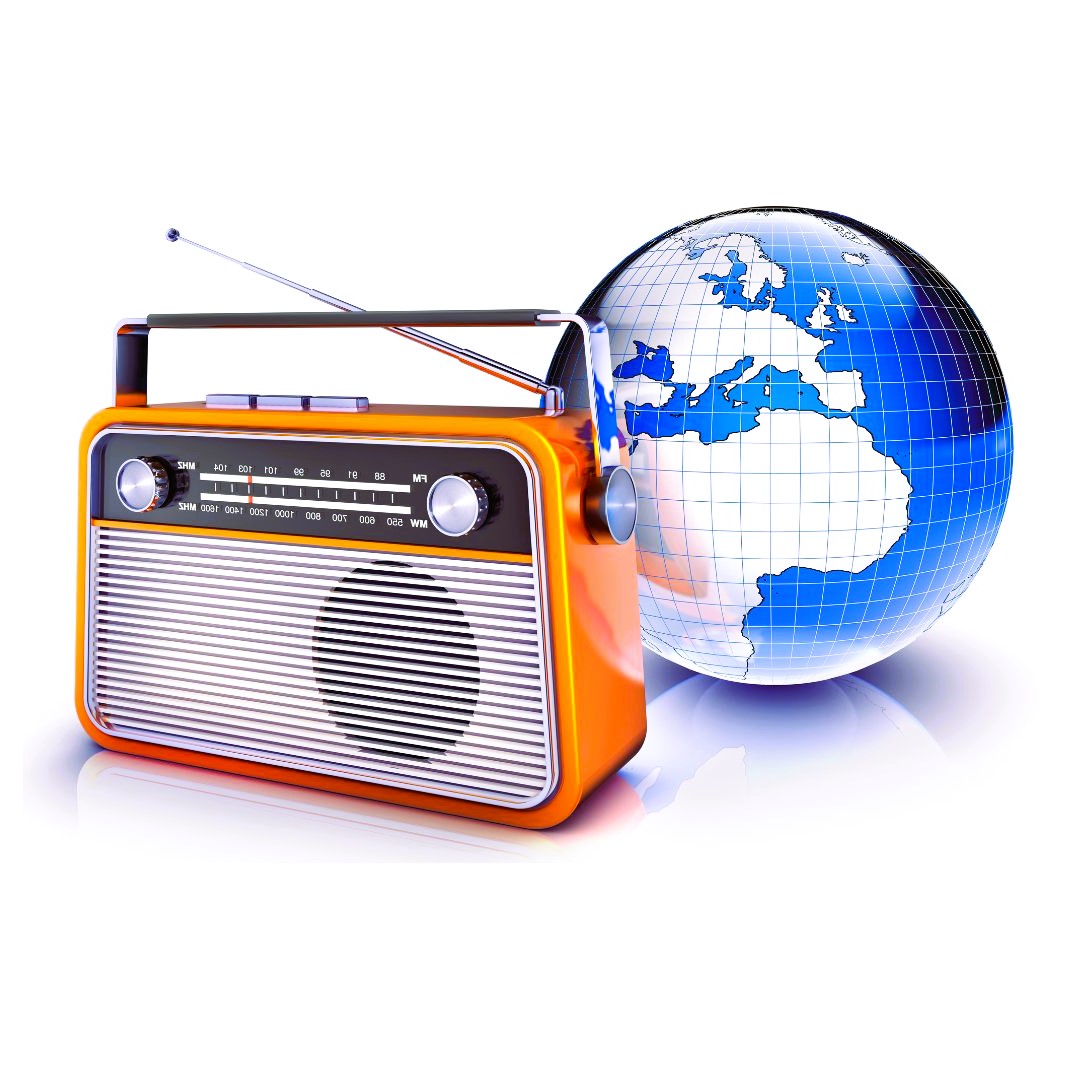
Radio has long been recognized as a powerful medium for communication and entertainment. Beyond its role in broadcasting music and news, radio has played a significant role in driving social change and advocacy efforts around the world. From promoting civil rights and environmental conservation to raising awareness about public health issues, radio has the ability to amplify voices, inspire action, and catalyze positive change within communities. In this article, we’ll explore the ways in which radio has been used as a tool for advocacy and social change, and examine the impact it has had on shaping public discourse and mobilizing communities.
Historical Context
The roots of radio advocacy can be traced back to the early days of broadcasting, when pioneers like Marconi and Tesla first experimented with wireless communication technology. As radio technology advanced and became more accessible to the masses, it quickly emerged as a powerful tool for disseminating information and shaping public opinion. During the 20th century, radio played a crucial role in mobilizing social movements and advocating for change, from the civil rights movement in the United States to anti-apartheid efforts in South Africa.
Amplifying Marginalized Voices
One of the key strengths of radio as a medium for advocacy is its ability to amplify the voices of marginalized communities. Unlike traditional forms of media, which are often controlled by large corporations or government entities, radio can provide a platform for underrepresented groups to share their stories, express their perspectives, and advocate for their rights. Community radio stations, in particular, have been instrumental in giving voice to indigenous peoples, minority groups, and grassroots activists, enabling them to reach audiences and mobilize support for their causes.
Raising Awareness and Mobilizing Action
Radio has proven to be an effective tool for raising awareness about social issues and mobilizing action among listeners. Through news broadcasts, talk shows, and public service announcements, radio stations can educate the public about pressing issues such as poverty, inequality, and environmental degradation. By providing information, resources, and calls to action, radio programs can inspire listeners to get involved in advocacy efforts, whether through volunteering, donating, or participating in protests and rallies.

Fostering Dialogue and Debate
Another important role of radio in advocacy is its ability to foster dialogue and debate around complex social issues. Through talk shows, panel discussions, and call-in segments, radio stations can facilitate conversations among community members, policymakers, and experts, encouraging diverse perspectives and constructive debate. By providing a platform for dialogue, radio can help bridge divides, build consensus, and drive forward progressive change. Did you like the article? Read also about the Future of Radio.
Challenges and Opportunities
While radio remains a potent tool for advocacy and social change, it also faces challenges in an increasingly digital and fragmented media landscape. Competition from online streaming platforms, podcasts, and social media has led to a decline in radio listenership in some regions, posing challenges for advocacy organizations and community radio stations. However, radio also presents unique opportunities for reaching audiences in remote areas, where internet access may be limited or unreliable.
Conclusion
In conclusion, radio’s role in social change is as vital today as it has ever been. From amplifying marginalized voices to raising awareness and fostering dialogue, radio has the power to drive meaningful progress on a wide range of social issues. By harnessing the airwaves for advocacy, individuals, organizations, and communities can leverage the unique reach and influence of radio to create a more just, equitable, and sustainable world.
For more information on broadcasting standards and best practices, you can refer to the following sources:
- Wikipedia: Radio Broadcasting



